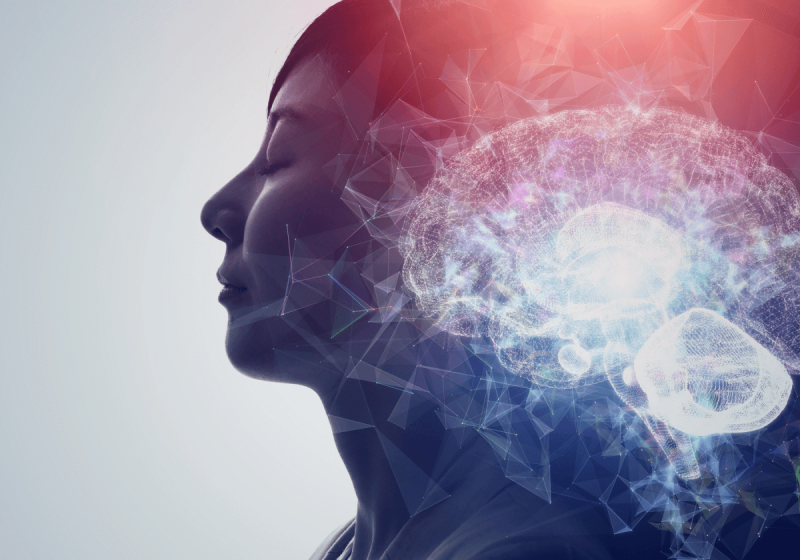People dream every night, but scientists don’t fully understand why we dream. Studying dreams is difficult because people often forget or distort details after waking up. That’s in part because the brain doesn’t form many new memories while sleeping and has a limited capacity to accurately store information after the dream has ended, according to [a new] study.
To overcome this limitation, the researchers attempted to communicate with people while they were still dreaming. Because the study participants were having lucid dreams, that meant they could make a conscious effort to respond to cues coming in from the outside world, the researchers hypothesized.
Researchers placed electrodes on the participants’ heads, to measure their brainwaves; next to their eyes, to track eye movements; and on their chin, to measure muscle activity. They used this data to determine when the participants entered the rapid eye movement (REM) stage of sleep, when lucid dreams are most likely to occur, [cognitive neuroscientist Karen] Konkoly explained.
The researchers suggest that the method in the experiments could be adapted to potentially help tailor a person’s dream to a specific need, such as learning or coping with emotional trauma, according to the study.
































